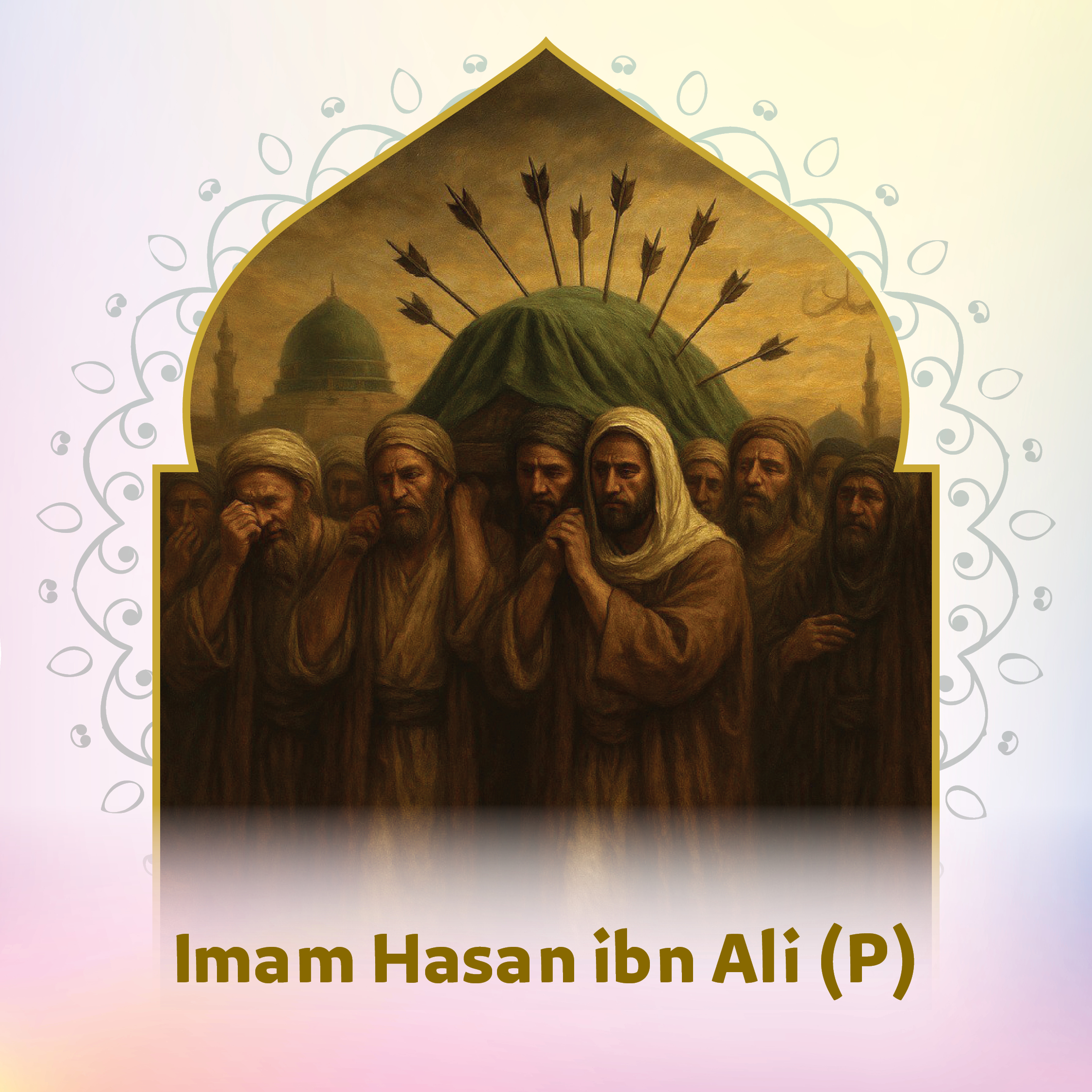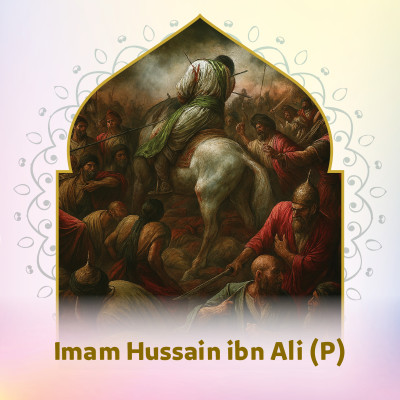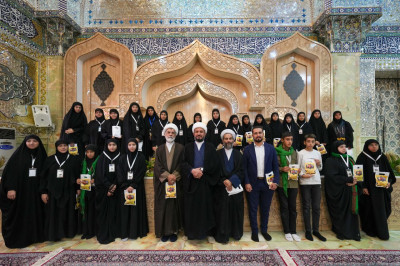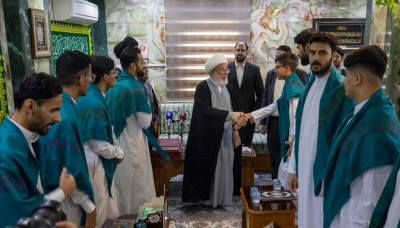Imam Hasan ibn Ali (peace be upon him):
Introduction
Imam Hasan al-Mujtaba (peace be upon him) is the second Imam in the lineage of the Ahl al-Bayt and the eldest grandson of the Prophet Muhammad (peace be upon him and his family). He inherited the Prophet’s light, knowledge, and compassion, and served as a beacon of peace, unity, and truth in a time of deep political turmoil. His life was a continuation of divine guidance, marked by wisdom, restraint, and selfless leadership.
Noble Birth and Upbringing
Imam Hasan was born on the 15th of Ramadan, 3 AH, in the holy city of Medina. He was the firstborn child of Imam Ali ibn Abi Talib and Fatimah al-Zahraa (peace be upon them). From infancy, he was nurtured in the household of revelation and raised directly by the Prophet himself.
The Prophet showed him exceptional love and care, often saying:
“Hasan and Husayn are the leaders of the youth of Paradise.”
Character and Virtues
Imam Hasan was known for his generosity, knowledge, dignity, and especially his forbearance (hilm). He would forgive even those who wronged him, and showed humility even when he had the power to respond otherwise.
His titles include:
Al-Mujtaba (The Chosen One)Sayyid Shabab Ahl al-Jannah (Master of the Youth of Paradise)Kareem Ahl al-Bayt (The Generous One of the Family of the Prophet)He was a man of great worship, fasting, charity, and prayer, living by the example of the Prophet both in public and private.
Leadership and the Peace Treaty
After the martyrdom of Imam Ali (peace be upon him), Imam Hasan became the rightful Imam and caliph, according to divine appointment. However, the political scene was poisoned with betrayal, internal rebellion, and corruption.
To protect the core of Islam from civil war and total collapse, Imam Hasan entered into a peace treaty with Mu‘awiyah, with strict conditions meant to preserve the faith, protect the Shia, and ensure that leadership would return to the Ahl al-Bayt after Mu‘awiyah’s death.
This treaty was not surrender, but a strategic preservation of Islam, a proof of his vision and self-sacrifice.
Opposition and Martyrdom
Despite the treaty, Mu‘awiyah repeatedly violated its terms and launched a campaign to tarnish Imam Hasan’s reputation. He was subjected to constant slander, political pressure, and assassination attempts.
Eventually, he was poisoned by his wife Ja‘dah, under instructions and bribery from Mu‘awiyah, and martyred in 50 AH at the age of 47.
His request to be buried next to his grandfather, the Prophet, was denied by political forces. Instead, he was buried in Jannat al-Baqi‘, where his grave remains a symbol of sorrow and reverence.
Legacy and Spiritual Message
Imam Hasan taught the world that resistance can take many forms, sometimes with the sword, and other times with wisdom and restraint. His silence was not weakness, but a loud rejection of tyranny that preserved the path of truth for generations to come.
His legacy lives on through:
His impeccable character and leadershipHis defense of the Prophet’s missionHis sacrifice for unity and truthImam Hasan (peace be upon him) is a shining star in the sky of Islam, a leader whose patience was revolutionary, whose sacrifice was strategic, and whose love for the Ummah outweighed his own rights.
He is the Imam who gave everything to protect the essence of Islam, even when others betrayed it.
Today, his memory reminds us that dignity is not always loud, and that sometimes, peace is the highest form of resistance.


















اترك تعليق